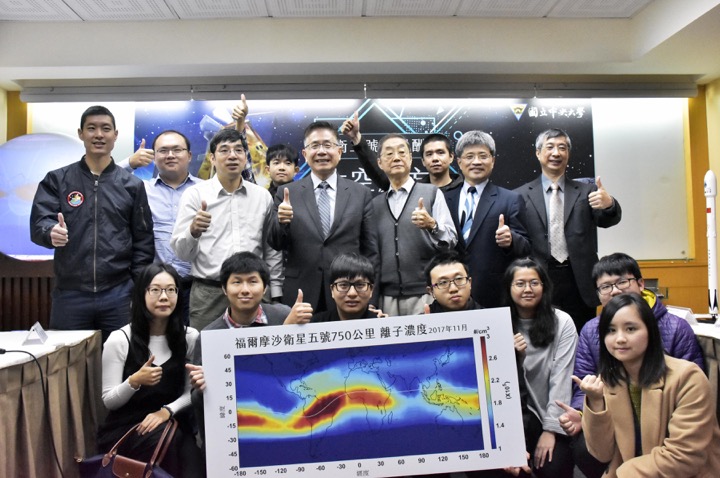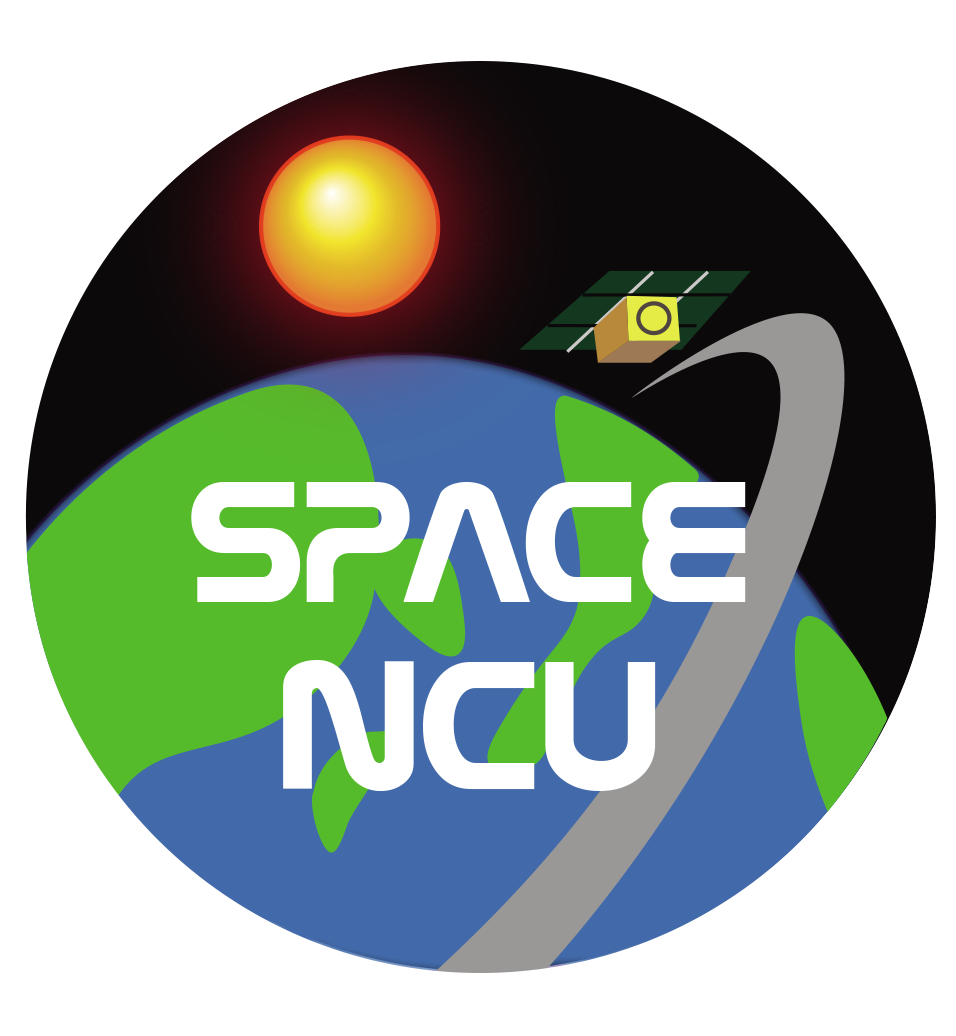研究方向 Research Interest
近年立方衛星興起,證明衛星工業不見得一定得由國家級機構或是巨型國防與太空工業承包商才能主導。學術界可透過立方衛星培育新一代的太空科技實務人才,較低的發射成本促使較多的太空探測與儀器改良的機會,開創出新一代的太空產業。因此本校在此階段選定全力發展立方衛星,作為我們培育人才與實現自主科學研究的主要方向。然而與歐美日等先進國家相比,在太空產業強調的太空元件、衛星次系統、衛星本體上,我們才剛起步,周邊設施仍嫌不足。本校將複製過去成功發展科學酬載的經驗,在未來的五年內扶植年輕學者達成研發目標,實現全自主的太空探測任務。The rise of CubeSats in recent years indicates that the satellite industry does not have to be dominated by national-level agencies or large aerospace and defense contractors. The academia can cultivate a new generation of space science and technology talents through CubeSat training. The lower cost of launching allows more opportunities for space exploration and improvement of quality on instrument and create a new era of space industry. Therefore, our school has chosen the development of CubeSats as our aim and both cultivate talents and realize independent scientific research through our practice. However, in terms of space components, satellite subsystems, and satellite bus which are indispensable to the space industry, our facilities are still insufficient since we have just started comparing with advanced countries and regions such as Europe, America, and Japan. Our school will replicate the past success of developing science payloads and support young scholars to achieve their research and development goals in the next five years, achieving fully autonomous space exploration missions.
- 太空環境:高層大氣、電離層、磁層、行星際空間、太陽物理、行星科學、太空電漿模擬、太空天氣等。
Space Environment:Upper Atmosphere, Ionosphere, Magnetosphere, Interplanetary Space, Solar Physics, Planetary Science, Space Plasma Simulation, Space Weather, etc. - 太空探測:雷達觀測系統、雷達元件、科學酬載、立方衛星、衛星遙測等。
Space Exploration: Radar System, Radar Components, Science Payloads, CubeSats, Satellite Remote Sensing, etc.

